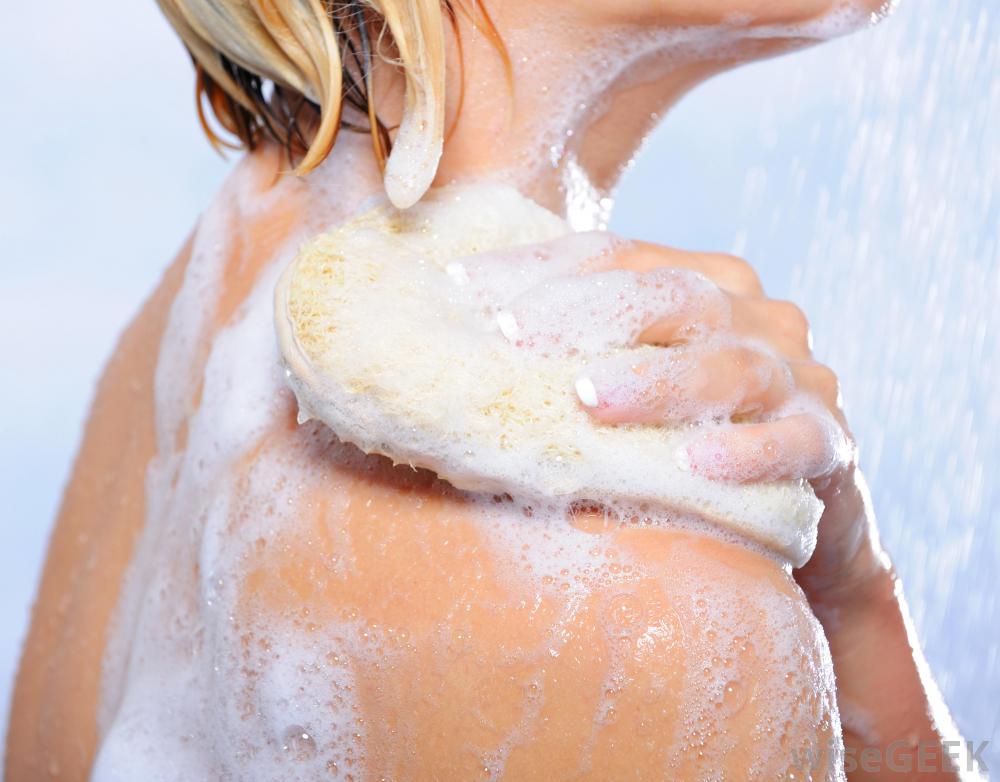Minnesota will be the first state to ban antibacterials on January 1, 2017, although the U.S Food and Drug Administration set the ban for September 2017 in the whole country.
The prohibition comes after discovering antibacterial products are not more efficient than regular soap. Antibacterial ingredients include triclosan, triclocarban and other toxic chemicals that can disrupt hormone cycles and cause muscle weakness.

Minnesota will apply the ban earlier than other states thanks to efforts of several studies of the University of Minnesota that prove triclosan and triclocarban account for an increasing proportion of total dioxins in Mississippi River sediments and several Minnesota freshwater lakes.
A group called Friends of the Mississippi River and allies in the Legislature convinced Minnesota Governor Mark Dayton to sign an earlier ban on the chemicals in 2014, which goes into effect Sunday.
The ban applies to liquid, foam, gel hand soaps, bar soaps and body washes that include triclosan, triclocarban, and other toxic chemicals. It does not apply to hand sanitizers, hand wipes and antibacterial soaps that are used in healthcare facilities such as hospitals and nursing homes.
Making a change based on studies
According to the FDA, there is not enough scientific evidence to show that over-the-counter antibacterial soaps are better at preventing diseases than plain soap and water. To date, the benefits of using antibacterial hand soap have not been proven.
In 2013, the FDA issued a proposed rulemaking for antibacterial manufacturers to provide safety and efficacy data on their products if they wanted to continue selling antibacterial items containing triclosan and triclocarban.
Little information was provided on antibacterial positive effects. Thus, the FDA issued a final rule that will ban OTC consumer antiseptic wash products from September 2017.
“Following simple handwashing practices is one of the most effective ways to prevent the spread of many types of infection and illness at home, at school and elsewhere,” said Theresa M. Michele, MD, of the FDA’s Division of Nonprescription Drug Products. “We can’t advise this enough. It’s simple, and it works.”
Researchers from the University of Minnesota have been studying the impact of triclosan in freshwater lakes and rivers for decades, finding the chemicals are contaminating the state’ waters.
William Arnold, a professor in the University of Minnesota’s Department of Civil, Environmental, and Geo-Engineering, has authored several studies showing how harmful antibacterial chemicals are for the Mississippi River and Minnesota freshwater lakes.
Arnold found that chlorinated triclosan derivatives, which are formed when triclosan is exposed to chlorine during wastewater disinfection process, have increased due to antibacterial products. Triclosan and its derivatives form dioxins that persist in the environment.
Sen. John Marty is one of the authors of the Minnesota’s ban who pressured Gov. Mark Dayton to make the ban in the state at the beginning of 2017. Marty was part of the Legislature contacts the group Friends of the Mississippi River had in 2013 to make the ban a reality in 2014.
Source: News Wise
